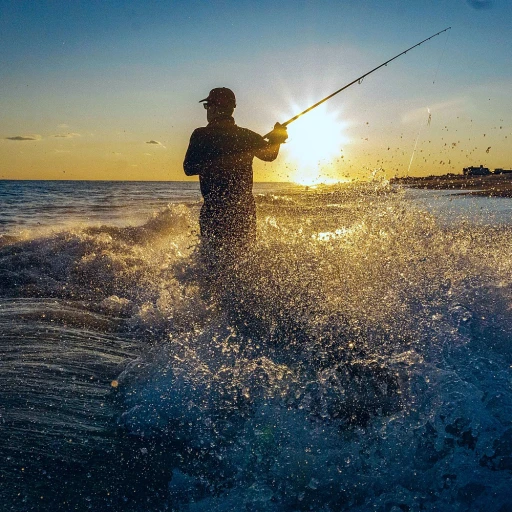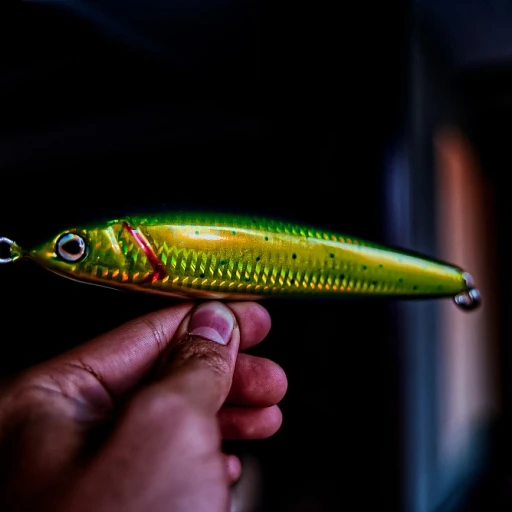Understanding Trailer Hooks
Getting to Know Trailer Hooks
Trailer hooks have become an essential component for many anglers looking to boost their catch rates. These hooks are designed to be added to the main hook, providing an extra point of contact to secure a fish. Their popularity has surged due to their ability to reduce missed strikes, especially in challenging conditions.
Unlike regular hooks, trailer hooks are often used in conjunction with lures that have a tendency to miss hooking fish on the initial strike. By adding a trailer hook, you increase your chances of a successful catch. These hooks come in various styles and sizes, allowing anglers to choose the perfect fit for their specific needs. Understanding the different types of trailer hooks and their applications can significantly enhance your fishing experience.
When selecting trailer hooks, consider the weight capacity, often measured in lbs, and the material, such as heavy-duty steel. This ensures durability and effectiveness, especially when targeting larger fish. Additionally, factors like the presence of a safety latch or a spring-loaded mechanism can add to the hook's reliability.
For those interested in learning more about how different types of hooks, such as jig hooks, can enhance your catch, check out this detailed guide.
Benefits of Using Trailer Hooks
Why Trailer Hooks Are a Game Changer
When it comes to enhancing your fishing experience, trailer hooks can be a game changer. These hooks are designed to be attached to the main hook, providing an additional point of contact with the fish. This increases your chances of a successful catch, especially when fish are nibbling rather than striking aggressively. The benefits of using trailer hooks are numerous and can significantly impact your fishing results.
Enhanced Hooking Efficiency
Trailer hooks offer enhanced hooking efficiency by providing an extra point for the fish to latch onto. This is particularly useful in situations where fish are not fully committing to the bait. By adding a trailer hook, you increase the likelihood of hooking the fish even if it only bites the tail of your lure. This is especially beneficial when using lures with longer tails, where fish might strike at the end rather than the main hook.
Versatility Across Fishing Conditions
Another key benefit of trailer hooks is their versatility across different fishing conditions. Whether you’re dealing with heavy cover or open water, trailer hooks can adapt to various scenarios. Their design allows them to navigate through weeds and other obstacles without getting snagged, making them an ideal choice for anglers who frequent diverse fishing environments.
Increased Catch Rate
Ultimately, the main advantage of using trailer hooks is the increased catch rate. By providing an additional hook point, they significantly boost your chances of landing a fish. This can be particularly advantageous when targeting species that are known for short strikes or when the fish are less aggressive due to environmental factors.
Cost-Effective Addition
Trailer hooks are a cost-effective addition to your tackle box. With their regular price being relatively low, they offer a high return on investment by potentially increasing your catch without requiring a significant financial outlay. Whether you purchase them at a sale price or regular price, adding trailer hooks to your cart can enhance your fishing toolkit without breaking the bank.
Choosing the Right Trailer Hook
Finding the Perfect Fit for Your Needs
When it comes to selecting the right trailer hook, there are several factors to consider to enhance your fishing experience. The choice largely depends on the type of fish you're targeting, the conditions you'll be fishing in, and your personal preferences.
First, consider the hook size and weight. A heavier duty hook might be necessary for larger fish, while a lighter hook could suffice for smaller catches. Check the lbs capacity of the hook to ensure it can handle the weight of your intended catch. A hook with a high break strength is essential for larger, stronger fish.
Next, think about the material. Stainless steel hooks are popular due to their durability and resistance to corrosion. If you're fishing in saltwater, a steel hook with a safety latch can provide added security. Consider whether a spring-loaded snap hook or a grab hook fits your style better.
Don't overlook the importance of price. While some high-quality hooks come at a higher price, they often offer better performance and longevity. Compare the regular price and sale price to find a good deal. Adding hooks to your cart during sales can save money in the long run.
Finally, consider the attachment method. Some hooks come with ratchet straps or safety chains, which can be useful for securing your line. A hook with a hook latch or tie-down straps might be necessary for certain fishing conditions.
For more insights on enhancing your fishing experience, check out this versatile swivel hook guide that can complement your choice of trailer hooks.
Techniques for Rigging Trailer Hooks
Mastering the Art of Rigging Trailer Hooks
Rigging trailer hooks can be a game-changer in your fishing strategy, but it requires some finesse to get it right. Whether you're using a heavy-duty steel hook or a lighter option, the key is to ensure that your setup is both effective and safe. Here are some techniques to help you rig trailer hooks effectively:
- Choose the Right Hook Size: The size of your trailer hook should complement your primary hook. Consider the lbs rating and break strength to ensure it's suitable for the fish you're targeting.
- Secure with Safety Chains: Use safety chains or ratchet straps to keep your trailer hook in place. This prevents it from slipping or tangling, especially when you're dealing with heavy-duty setups.
- Utilize a Slip Hook: A slip hook with a safety latch can add an extra layer of security. It ensures that the hook stays attached, even in rough conditions.
- Spring-Loaded Options: Consider using spring-loaded hooks for quick adjustments. These allow for easy repositioning without compromising on safety.
- Properly Tie the Hook: Make sure to tie your trailer hook with strong knots. Use a ratchet or tie-down straps to maintain tension and prevent any loosening during the cast.
By paying attention to these rigging techniques, you can enhance your chances of a successful catch. Remember, the right setup not only improves your catch rate but also ensures the safety and longevity of your fishing gear. Investing in quality products at a reasonable price can make all the difference, so don't hesitate to add the best options to your cart when you find them on sale.
Common Mistakes to Avoid
Missteps to Watch Out For When Using Trailer Hooks
While trailer hooks can significantly enhance your fishing success, there are common pitfalls that anglers often encounter. Being aware of these can save you time and frustration on the water.
- Improper Rigging: Ensure your trailer hook is rigged correctly. A poorly attached hook can lead to missed strikes or lost fish. Make sure the hook is aligned properly with the main hook and securely fastened using a spring-loaded or snap hook if necessary.
- Ignoring Hook Size and Weight: Selecting the wrong size or weight of a trailer hook can affect your lure's action. Consider the lbs and break strength of your setup, especially when targeting larger fish. A heavy-duty hook might be necessary for bigger catches.
- Overlooking Safety Measures: Always use safety latches or chains to secure your hooks. This not only prevents accidental injuries but also ensures your setup remains intact during a catch.
- Not Adjusting for Conditions: Different fishing conditions require different approaches. Whether you're dealing with heavy cover or open water, adjust your trailer hook setup accordingly. For instance, using a ratchet strap or tie to adjust the tension might be beneficial in certain scenarios.
- Neglecting Maintenance: Regular maintenance of your hooks, including checking for rust or damage, is crucial. A rusty or dull hook can reduce your chances of a successful catch.
By avoiding these common mistakes, you can make the most of your trailer hooks, enhancing your fishing experience and increasing your catch rate.
Trailer Hooks in Various Fishing Conditions
Adapting to Different Water Types
Trailer hooks are versatile tools that can enhance your fishing success across various conditions. Whether you're fishing in freshwater lakes or saltwater environments, understanding how to adapt your trailer hook setup can make a significant difference.
Freshwater Fishing
In freshwater, trailer hooks are particularly effective when targeting species like bass or pike. The added hook can improve your catch rate by securing those tentative bites. Consider using a heavy duty trailer hook when fishing in areas with dense vegetation or underwater structures. The steel construction of these hooks provides the strength needed to handle the pressure.
Saltwater Fishing
When it comes to saltwater fishing, the corrosion resistance of your trailer hooks is crucial. Opt for hooks with a protective coating to withstand the harsh marine environment. The heavy duty nature of these hooks ensures they can handle the lbs of larger saltwater species. Make sure to check the price and add to cart options for hooks that offer both durability and affordability.
Weather Conditions
Weather can also impact the effectiveness of your trailer hooks. In windy conditions, using a grab hook with a safety latch can prevent your line from slipping. Additionally, ratchet straps can help secure your gear during transport, ensuring that everything ships safely to your fishing destination.
Adjusting for Water Clarity
Water clarity is another factor to consider. In clear waters, a spring loaded trailer hook can provide the subtlety needed to avoid spooking fish. Conversely, in murky waters, a more visible snap hook might be necessary to attract attention.
Using the Right Equipment
Finally, ensure your equipment is suitable for the conditions. A slip hook with a safety chain can provide additional security, preventing accidental losses. Pay attention to the break strength of your hooks and chains, especially when targeting larger fish.
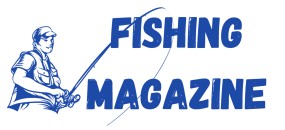
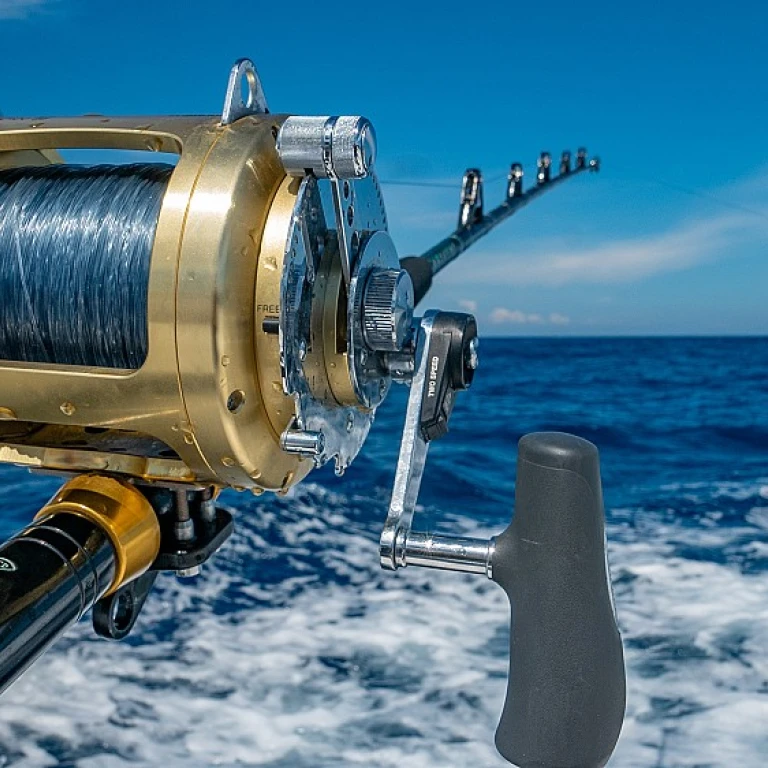

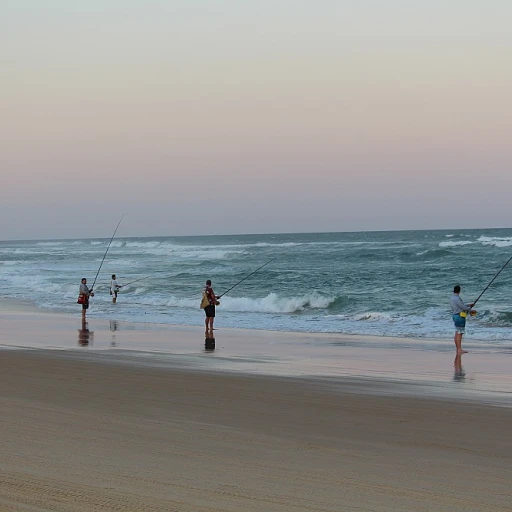
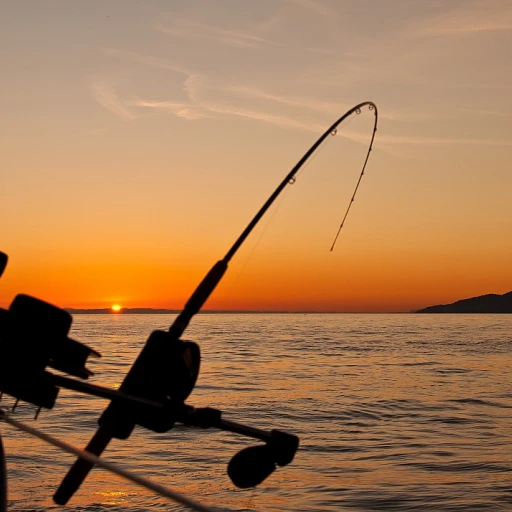
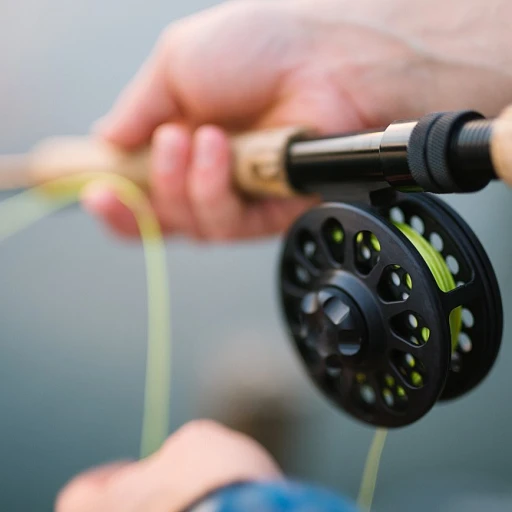
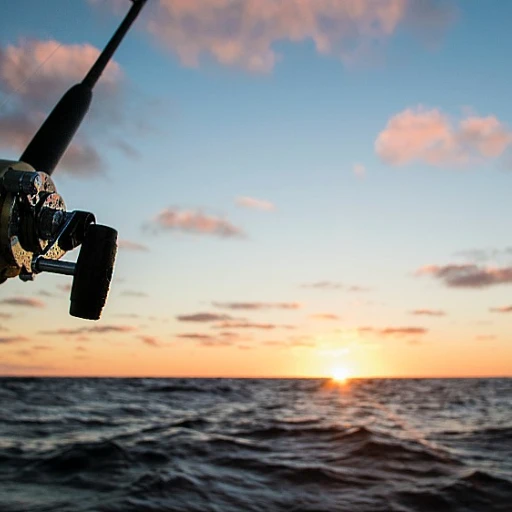
-large-teaser.webp)
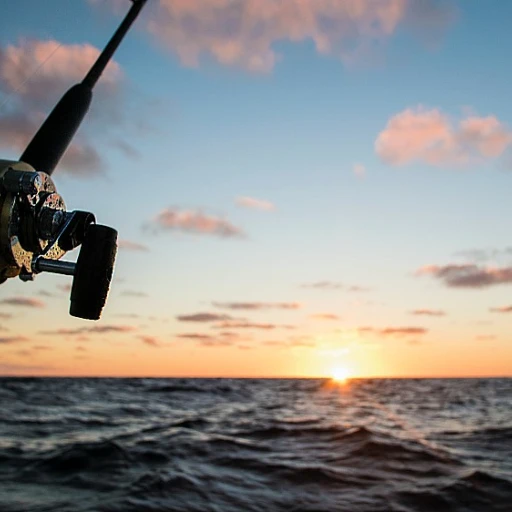
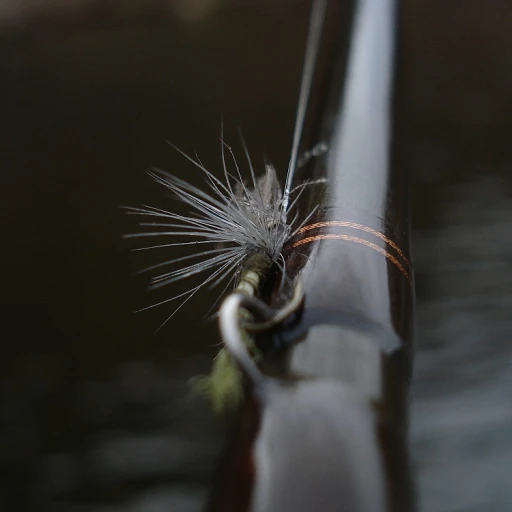
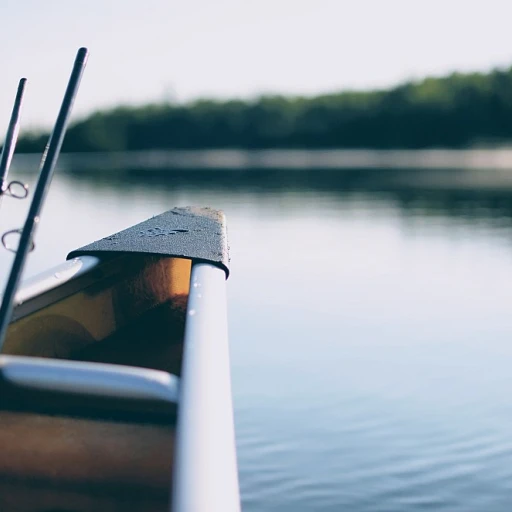
-large-teaser.webp)
